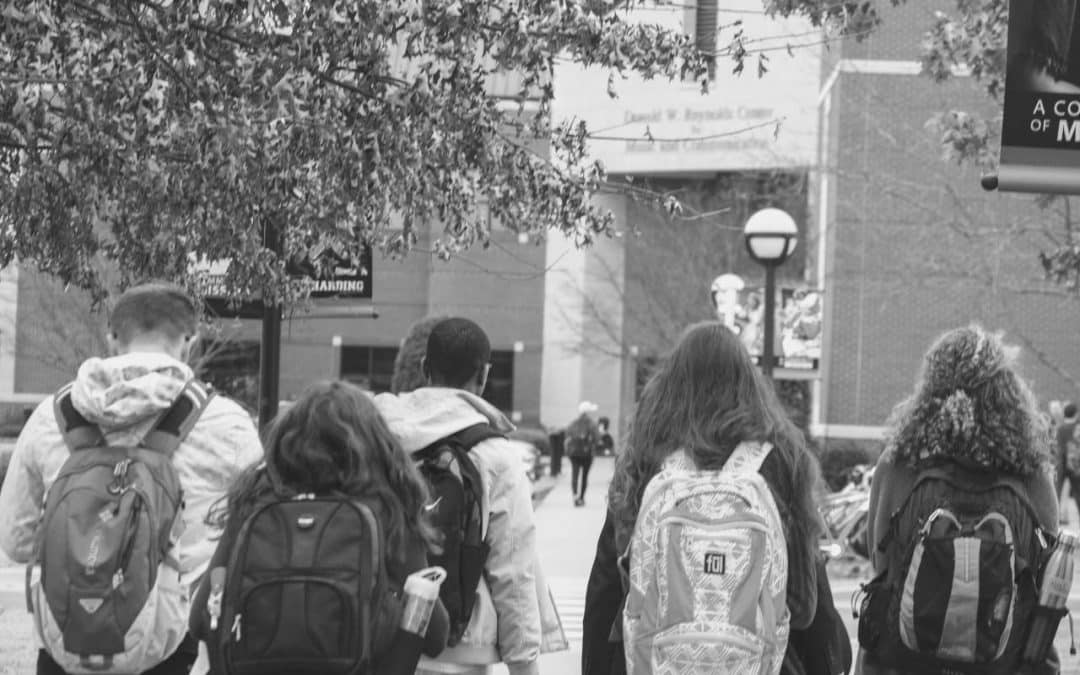Unconscious bias and gender stereotypes are preventing teachers from intervening when they see LGBTQIA+ students being bullied, researchers from the University of South Australia say.
In a new study, researchers assessed the intentions of 437 Australian teachers to intervene when they saw LBGTQIA+ students being bullied. They found that teachers were subliminally influenced by ingrained stereotypes, with attitudes towards gender having the strongest influence on teacher behaviours.
Specifically, the study found that teachers were less likely to intervene if they:
- were heterosexual
- held more traditional views on gender and social roles
- believed in authoritarianism (at the expense of personal freedom)
- had negative attitudes towards gender minorities.
Teachers were more likely to intervene if they:
- were older, and more experienced educators
- were part of the LGBTQIA+ community or had close contact with someone in this group
- had greater knowledge, empathy, and positive attitudes towards gender minorities.
In Australia one in every two young people who identifies as a sexual and/or gender minority has reported experiencing verbal abuse, with almost one quarter being a victim of assault.
UniSA researcher and PhD student, Linda Parker, says that while most teachers are deeply connected with social justice issues and want to provide supports to LGBTQIA+ students, it is clear that they are without the necessary resources to understand the influence of unconscious bias.
“Despite progress, sexuality and gender diverse students report bullying, harassment and other injustices at a rate that is wildly disproportionate to that of their peers, with gender diverse students particularly vulnerable to bullying and potentially less likely to receive teacher support, ” Parker says.
“Far too many LBGTQIA+ students’ educations are marred by chronic bullying, harassment, and prejudice at school. And far too many teachers do not understand the influence of heteronormativity and unconscious bias on their own attitudes and professional practices.
“Yet, encouragingly, we do know that teachers are central to improving school safety for LGBTQIA+ students and we do know that they want to support students.
“The challenge is that many teachers (and many of the general population) are influenced by unconscious bias – without the individual’s intention or awareness – so we need to find ways to address and change this.
“Failure to stop bullying can seriously affect students’ learning and wellbeing. Aside from immediate social isolation and distress, bullied students often skip school because they do not feel safe, which leads to falling behind in class and disengaged learning. In the long term, bullied students are also far more at risk of depression, substance abuse, and poor mental health.”
Co-researcher, UniSA’s Dr Stephanie Webb says the findings provide context to why many Australian LGBTQIA+ students describe feeling unprotected in schools.
“Given the distress that gender diverse students are likely to experience in schools, it’s vital that teachers are aware and feel confident to intervene when they witness harassment,” Dr Webb says.
“As teachers’ subminimal attitudes predict their intentions, schools and universities should prioritise unconscious bias and gender stereotype training for current and pre-service teachers.
“All students deserve to feel safe at school. Australia’s education sector must step up to protect this basic human right.”




